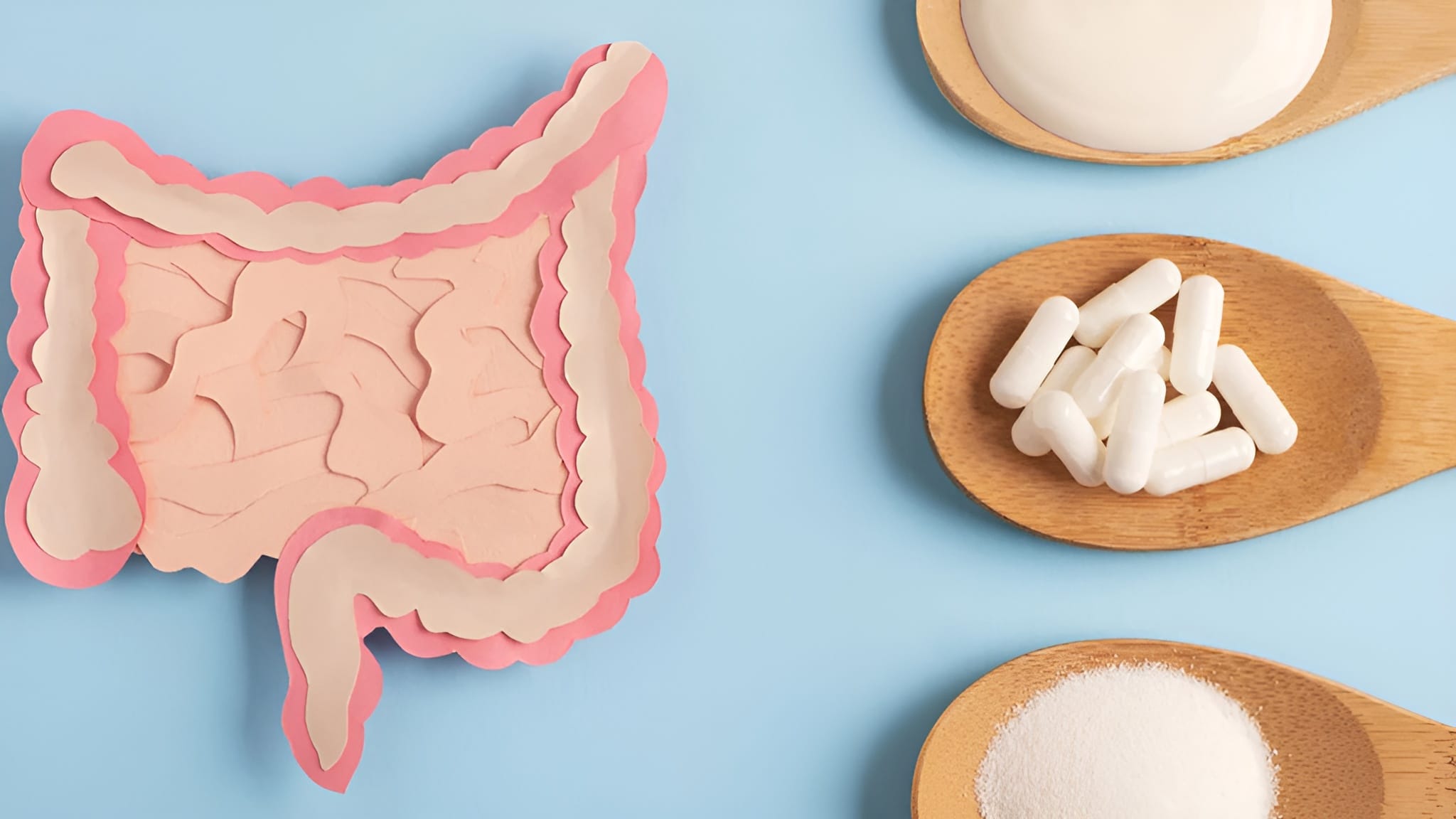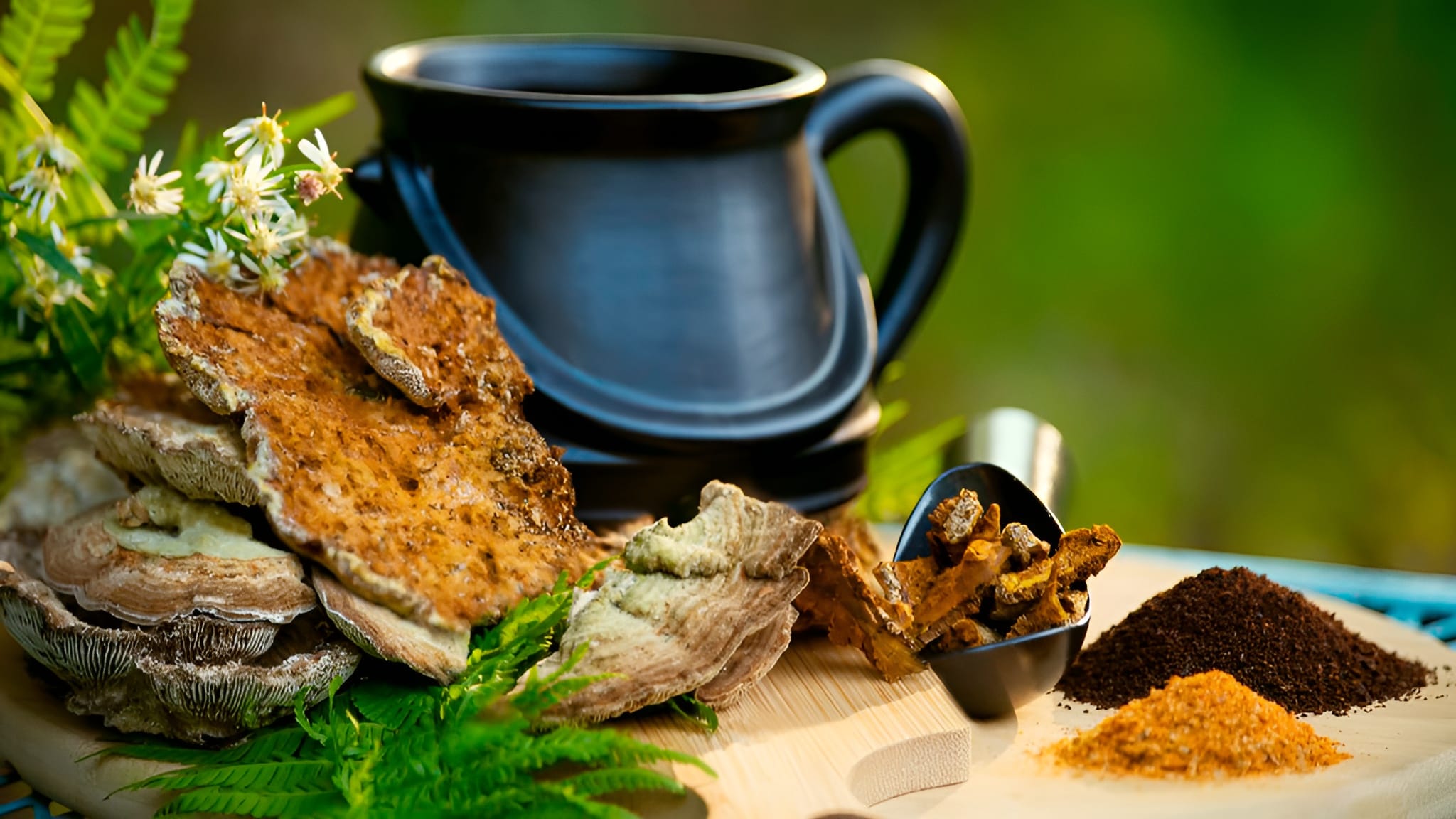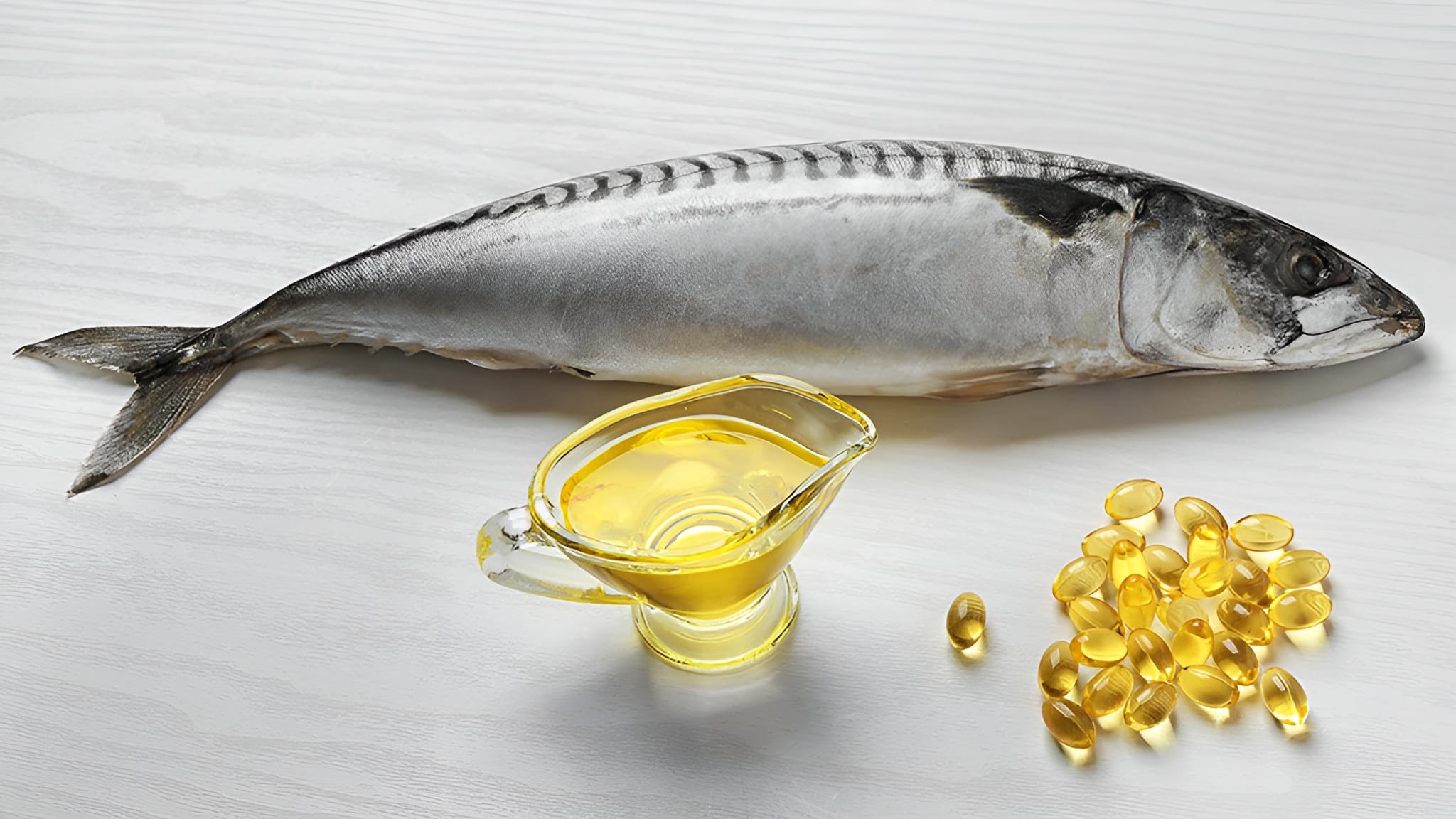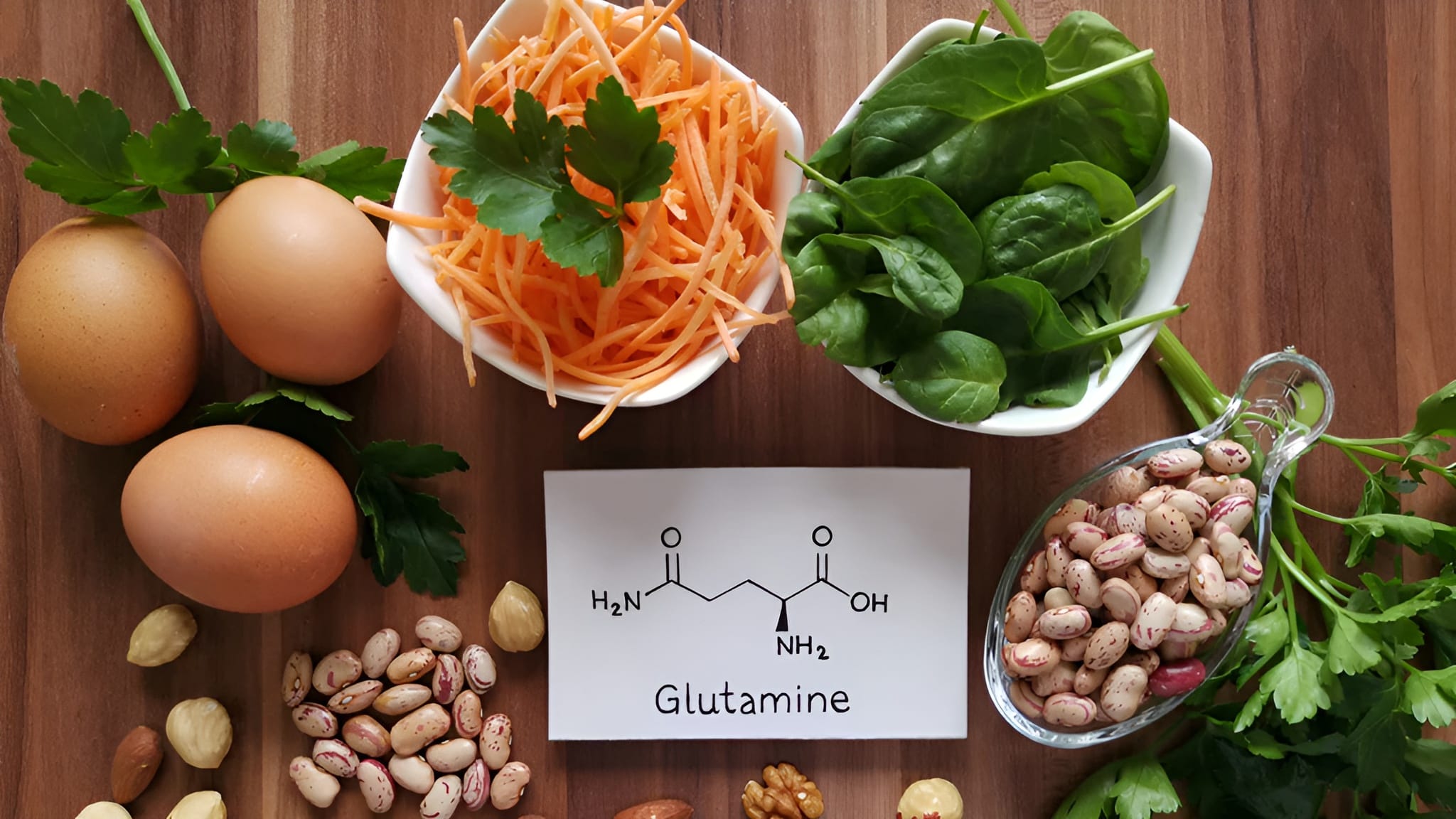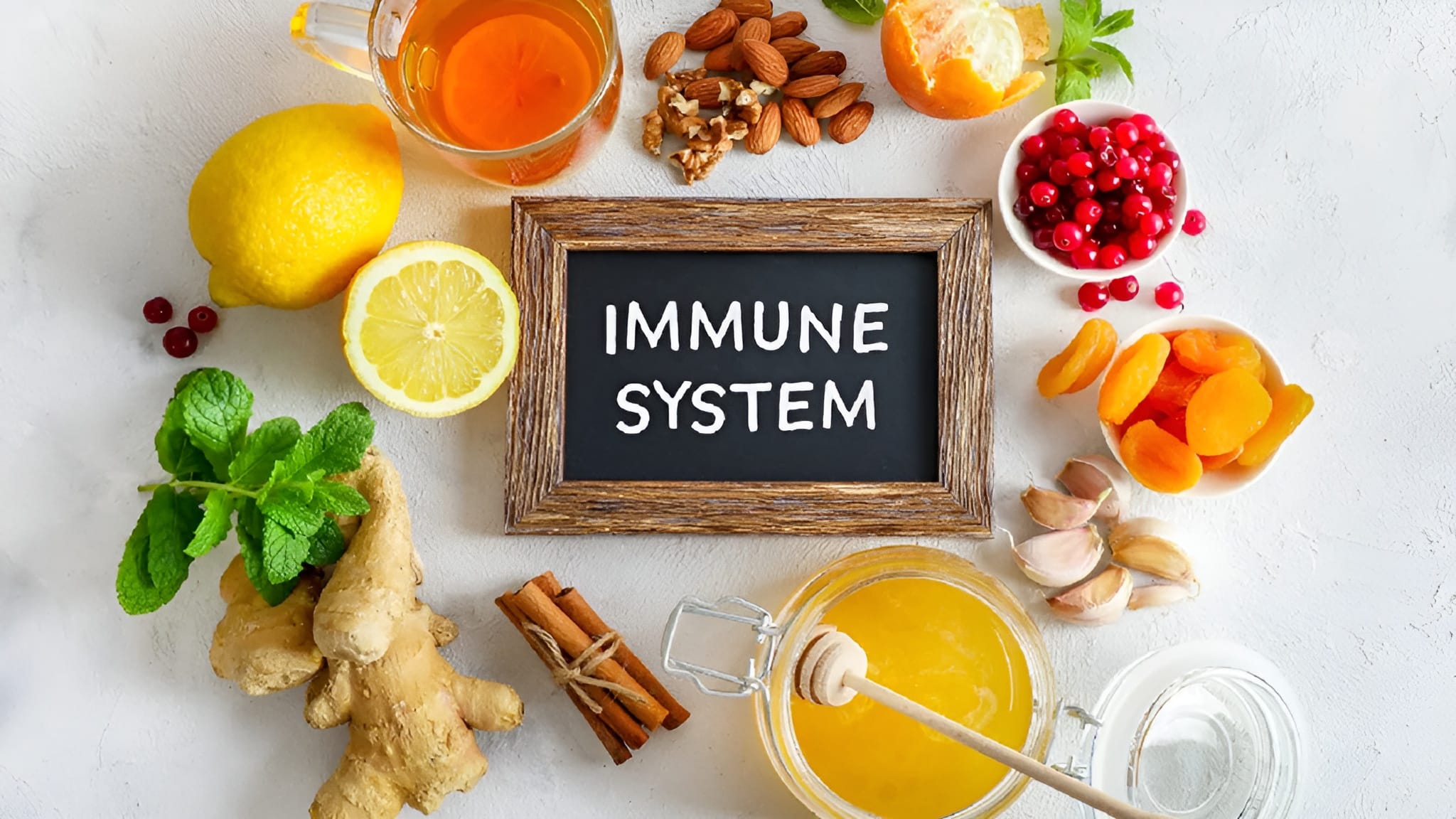Did you know that a whopping 70% of your immune system resides in your gut? That’s right—your gut health plays a crucial role in keeping your immune system strong and resilient. This is why probiotics for immune system support are so crucial and effective.
A healthy gut microbiome, teeming with beneficial bacteria, helps maintain immune balance and protects you from infections. While the connection isn’t direct, the gut microbiome influences immune function through its metabolic processes [1].
Let’s explore how probiotics for immune system support can enhance your body’s natural defenses.
Table of Contents
How Probiotics Benefit Immune Health
Let’s go through some of the ways Probiotics help the Immune System.
1. Faster Recovery from Illness
A 2021 study found that COVID-19 outpatients who received probiotics recovered from their symptoms more quickly [2]. Another study in Helsinki showed that children in daycare who were given probiotics missed fewer days of school due to illness. They also had a 17% reduction in respiratory tract infections and a 19% lower need for antibiotics compared to the control group [3]. These findings highlight the strong link between a healthy gut microbiome and a robust immune response.
If you’re worried about your child getting sick at school, read up about supplements to boost a child’s immune system.
2. Enhanced Immune Function
Probiotics for immune system support go beyond just speeding up recovery. They also play a proactive role in preventing illness. Here’s how:
- Eliminating harmful bacteria: Probiotics can directly combat harmful bacteria in the gut [4].
- Nutrient competition: Beneficial bacteria outcompete harmful microbes for nutrients, limiting their growth and proliferation [5].
- Improved gut-immune response time: Probiotics enhance the gut’s ability to respond quickly to threats [6].
- Strengthened gut barrier: A healthy gut barrier produces immunoglobulin A (IgA), which helps remove toxins and pathogens from the gut lining [7][8].
3. Reduced Inflammation
Chronic inflammation is a major contributor to various health problems. Probiotics for immune system balance can help reduce inflammation in several ways:
- Producing bactericides: Probiotics can produce substances that kill harmful bacteria and help remove toxins from the gut lining [9].
- Strengthening the immune system: A strong immune system is better equipped to fight off infections and reduce inflammation.
- Maintaining gut barrier integrity: Probiotics help strengthen the gut lining, preventing leaky gut and reducing inflammation [9].
Certain beneficial bacteria, like Prevotella and Oscillibacter, even produce anti-inflammatory metabolites [10].
If you’re conerned about fighting inflammation, turmeric is a very potent natural anti-inflammatory.
Nourishing Your Gut Microbiome
Now that you understand the importance of probiotics for immune system health, you might be wondering how to improve your gut microbiome.
- Fermented Foods: Include a variety of fermented foods in your diet, such as:
- Yogurt, cheese, kefir, and sour cream
- Fermented vegetables like sauerkraut, pickles, and kimchi
- Apple cider vinegar
- Fermented beet juice and pickle juice
- Probiotic Supplements: Consider taking a high-quality probiotic supplement that includes prebiotics to nourish the beneficial bacteria in your gut.
If meals feel heavy, adding enzymes to ease digestion alongside probiotics can improve comfort and nutrient absorption.
In addition, supplementing with certain mushrooms can also help the gut microbiome and increase general immunity.
The Gut-Immune Connection
The gut microbiome is a fascinating and complex ecosystem that plays a crucial role in overall health and immunity. It’s even been referred to as our “second brain” due to its influence on mood, cognition, and overall well-being.
Maintaining a Healthy Gut for Strong Immunity
While probiotics for immune system support are essential, remember that a healthy gut requires a holistic approach. Limit your intake of sugar, processed foods, and alcohol, as these can disrupt the delicate balance of your gut microbiome.
For greater benefits, augment your probiotics with other immune boosting supplements, such as vitamin C.
For families, easy daily vitamins for the family help cover nutrient gaps and keep healthy routines consistent.
FAQ
They reinforce your gut barrier, crowd out harmful microbes, and support antibody (IgA) production—helping your immune system react fast without overreacting.
Look for a mix of well-studied strains, e.g. Lactobacillus rhamnosus GG, L. casei, L. plantarum, Bifidobacterium lactis, B. longum. Typical daily range: 10–40B CFU. Diversity + consistency matter more than a giant CFU number.
Both help. Fermented foods (yogurt, kefir, kimchi, sauerkraut) add daily variety; supplements give dose consistency and targeted strains. Many folks do a bit of both.
Digestion changes can show in 2–4 weeks; immune benefits (fewer/shorter colds) often need 8–12 weeks of steady use.
Yes—just separate by 2–3 hours, and continue probiotics 1–2 weeks after the antibiotic course to help re-balance the gut.
Usually mild gas/bloating at first. If you’re severely immunocompromised, have central lines, or complex GI conditions, check with your clinician before starting.
Cites and Sources
No Citations
Show Citations
[1] - Hooper, L. V., Littman, D. R., & Macpherson, A. J. (2012). Interactions between the microbiota and the immune system. Science, 336(6086), 1268–1273. https://doi.org/10.1126/science.1223490
[2] - Gutiérrez-Castrellón, P., Gandara-Martí, T., Abreu, A. T. a. Y., Nieto-Rufino, C. D., López-Orduña, E., Jiménez-Escobar, I., Jiménez-Gutiérrez, C., López-Velazquez, G., & Espadaler-Mazo, J. (2022). Probiotic improves symptomatic and viral clearance in Covid19 outpatients: a randomized, quadruple-blinded, placebo-controlled trial. Gut Microbes, 14(1). https://doi.org/10.1080/19490976.2021.2018899
[3] - Hatakka, K. (2001). Effect of long term consumption of probiotic milk on infections in children attending day care centres: double blind, randomised. BMJ, 322(7298), 1327. https://doi.org/10.1136/bmj.322.7298.1327
[4] - Corr, S. C., Li, Y., Riedel, C. U., O’Toole, P. W., Hill, C., & Gahan, C. G. M. (2007). Bacteriocin production as a mechanism for the antiinfective activity of Lactobacillus salivarius UCC118. Proceedings of the National Academy of Sciences, 104(18), 7617–7621. https://doi.org/10.1073/pnas.0700440104
[5] - Kim, J. Y., Young, J. A., Gunther, N. W., & Lee, J. (2014). Inhibition of Salmonella by Bacteriocin‐Producing Lactic Acid Bacteria Derived from U.S. Kimchi and Broiler Chicken. Journal of Food Safety, 35(1), 1–12. https://doi.org/10.1111/jfs.12141
[6] - Mukherjee, S., Joardar, N., Sengupta, S., & Babu, S. P. S. (2018). Gut microbes as future therapeutics in treating inflammatory and infectious diseases: Lessons from recent findings. The Journal of Nutritional Biochemistry, 61, 111–128. https://doi.org/10.1016/j.jnutbio.2018.07.010
[7] - Xiong, N., & Hu, S. (2015). Regulation of intestinal IgA responses. Cellular and Molecular Life Sciences, 72(14), 2645–2655. https://doi.org/10.1007/s00018-015-1892-4
[8] - Phalipon, A., Cardona, A., Kraehenbuhl, J., Edelman, L., Sansonetti, P. J., & Corthésy, B. (2002). Secretory component. Immunity, 17(1), 107–115. https://doi.org/10.1016/s1074-7613(02)00341-2
[9] - Vanderpool, C., Yan, F., & Polk, B. D. (2008). Mechanisms of probiotic action: Implications for therapeutic applications in inflammatory bowel diseases. Inflammatory Bowel Diseases, 14(11), 1585–1596. https://doi.org/10.1002/ibd.20525
[10] - Li, J., Sung, C. Y., Lee, N., Ni, Y., Pihlajamäki, J., Panagiotou, G., & El-Nezami, H. (2016). Probiotics modulated gut microbiota suppresses hepatocellular carcinoma growth in mice. Proceedings of the National Academy of Sciences of the United States of America, 113(9), E1306–E1315. https://doi.org/10.1073/pnas.1518189113

